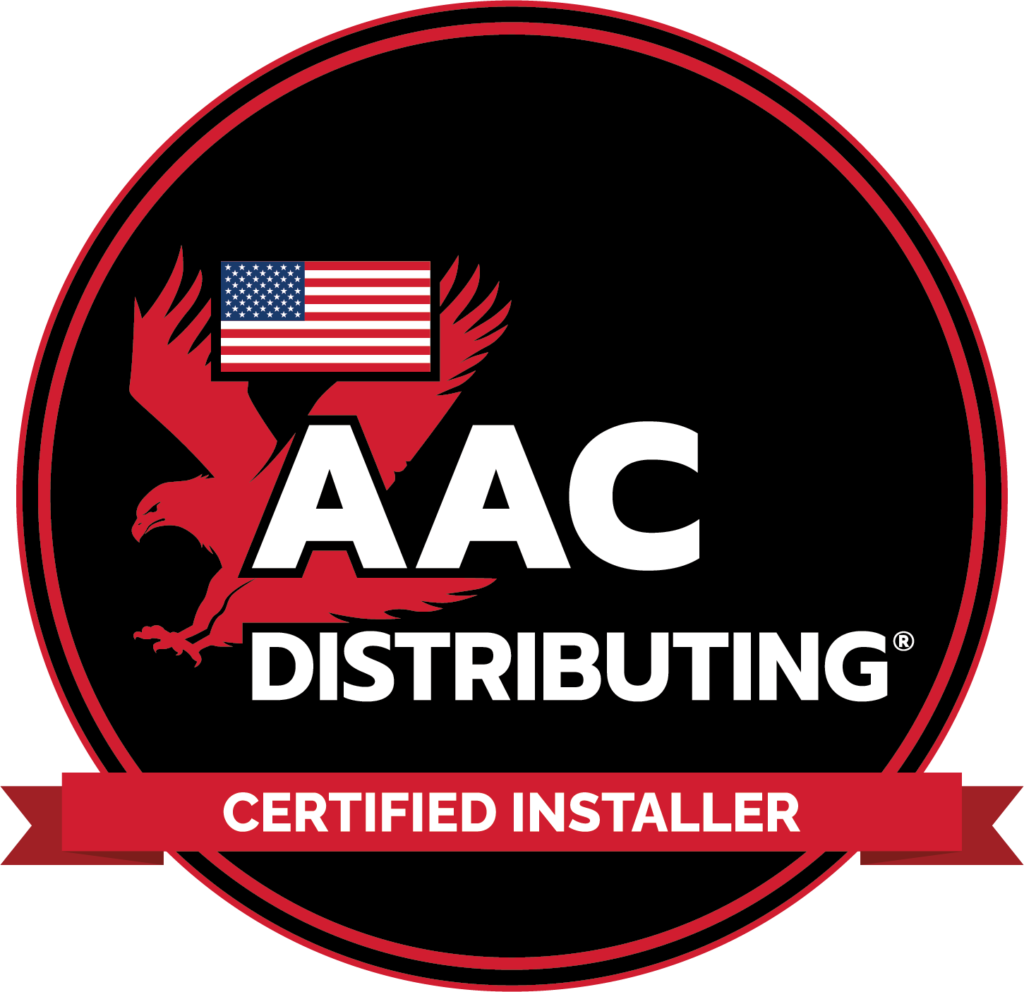Anytime nature comes from the outside in, it will make you a bit squeamish. Having raccoons in the house may not sound as bad as a bug infestation or snakes in the walls, but nature’s bandits can cause many problems for homeowners. If the raccoons in your area are getting a little bold around the house, here are some things you should know to prevent them from coming in and kick them out if the need arises.
How Do Raccoons Get in Your House?
This is a legitimate question since they aren’t using the front door, but there are plenty of entrances to your home for a tiny critter that you may not even think about. Combine that with the fact that raccoons are relatively bright, and you have a recipe for trouble.
The Roof
Raccoons are excellent climbers so getting on your roof is no challenge for them, and there are plenty of ways to get into your home through your roof. Roofs often have small gaps between the roofing material and the soffit, which are large enough for crafty raccoons to squeeze in. These daredevils don’t have any fear when climbing down a chimney, and they will tear the top off of a roof vent to crawl down into the attic.
The Door
Some may consider it a bold move, but these critters will waltz right through a pet door if they can smell food on the other side.
Anyway They Can
Raccoons are surprisingly strong and don’t care about what they destroy, so they will tear apart any weak spot they can find on your exterior to make a hole big enough to squeeze through.
How Do I Get Raccoons Out of My House?
If you think raccoons have already invaded your space, there are a few options to consider for removal.
DIY
If you choose to tackle the problem yourself, the first step is to buy traps designed for raccoons. Place the traps where you think the raccoons are getting in and bait them with fragrant food that will attract the animals. If the traps work, you will need to check if the captured raccoon has visible nipples; if that is the case, they will likely have babies somewhere close, and you will have to find and remove the nest.
When you are ready to relocate the animal(s), contact your local wildlife management agency to find out any rules and regulations around releasing wild animals.
Once you are sure you have removed and relocated all the raccoons, you will still need to find and repair wherever the animals are getting access to your house to prevent them from returning.
Professional
Not everyone is comfortable being as hands-on with wild animals and would feel better leaving it in the hands of a professional. Professional animal removers have the experience to safely and effectively remove unwanted visitors. Professionals will likely be able to quickly find the nest, trap the animal, and identify how they found their way into your home.
How to Keep Raccoons Away From Your House
The best way to prevent a raccoon infestation is to prevent them from getting into the house in the first place.
Clean Up and Repair
Regularly clean up your roof and look for areas where animals could potentially get in. Repair any damage that could be used as an opening to get inside.
Remove Food
If you leave food and water out for pets during the day, bring them in at night and keep them away from pet doors. In addition, ensure that garbage cans are tightly sealed to reduce odors that attract raccoons.
Trim Trees
The easiest way for raccoons to get onto your roof is from branches that hang over your house. Trimming the trees will make it harder for the animals to climb onto your roof, so they will likely try to find an easier target.
Install Deterrents
Some people install motion detecting deterrents to scare away raccoons and other animals. Motion sensing lights have been used for a long time but are not as effective with suburban raccoons. Another popular option is motion-sensing water sprinklers that spray a harmless squirt of water at animals to scare them away.
Don’t Ignore the Problem
While it is unlikely that raccoons will be dangerous to your family, they can wreak havoc on your house, causing expensive damage. If you see damage, see or smell droppings, or hear movement in your attic, you must act immediately because the problem will only worsen. If you don’t know where to start, don’t go it alone. Reach out to a trained professional to ensure the problem is solved the first time completely.

